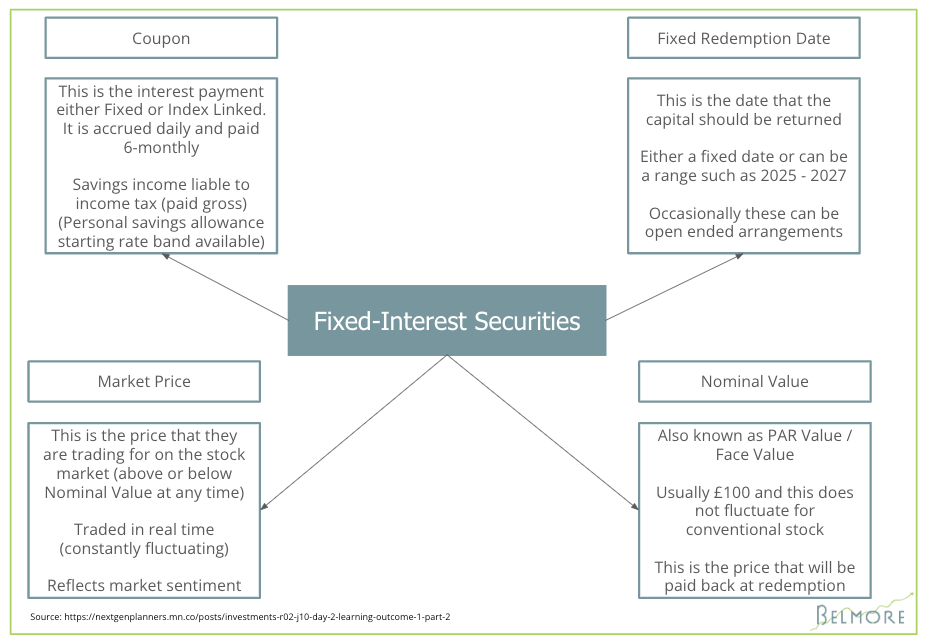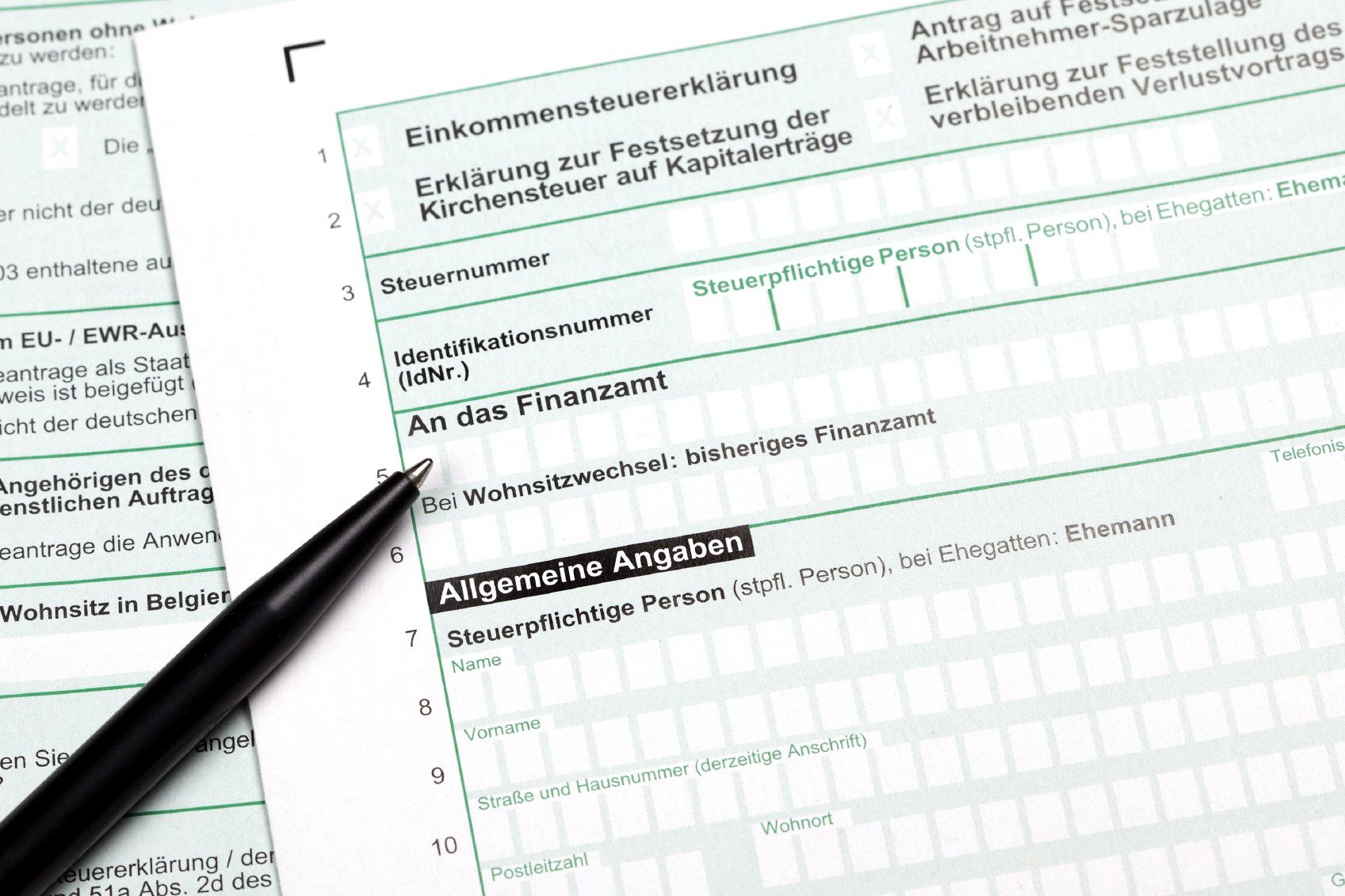Client Explainer - Bonds
Bonds
When governments or companies need long-term financing (2 to 30 years), they issue Bonds in the capital market.
Government Bonds are called Gilts, while company Bonds are known as Corporate Bonds. Both are collectively referred to as Fixed-Interest Securities, as they pay interest either at a fixed rate (Conventional Gilts / Bonds) or the interest they pay is Index-linked.* Bonds may also be called Debentures, Loan Notes, or Loan Stock.
*Some Bonds, known as Zero Coupon Bonds, don't pay regular interest but are sold at a discount, with the full face value repaid at maturity.
Bonds can be bought directly from issuers or through collective investments like Unit Trusts, OEICs, and Personal Pensions. Essentially, buying a Bond means lending money to the issuer in exchange for regular interest payments (typically every six months) and the return of your capital at maturity.
Corporate Bonds tend to offer higher interest rates than bank savings accounts due to the higher risk of default. The risk is reflected in the issuer's credit rating, which influences the coupon rate—the lower the credit rating, the higher the risk and coupon.
Bond prices in the secondary market fluctuate with interest rates. When rates fall, Bond prices rise as coupons become more attractive compared to bank savings. Conversely, when rates rise, Bond prices fall as bank savings become more competitive.
The Government provides tax incentives for buying Gilts and qualifying Corporate Bonds. The yield on Bonds represents the return relative to the price paid, with the fixed coupon amount remaining constant while the Bond price may vary.
Sources: https://nextgenplanners.mn.co/posts/investments-r02-j10-day-2-learning-outcome-1-part-2

If you would like some further information on Bonds, please do
get in touch
Feel free to share this on your social media or with friends and family:











